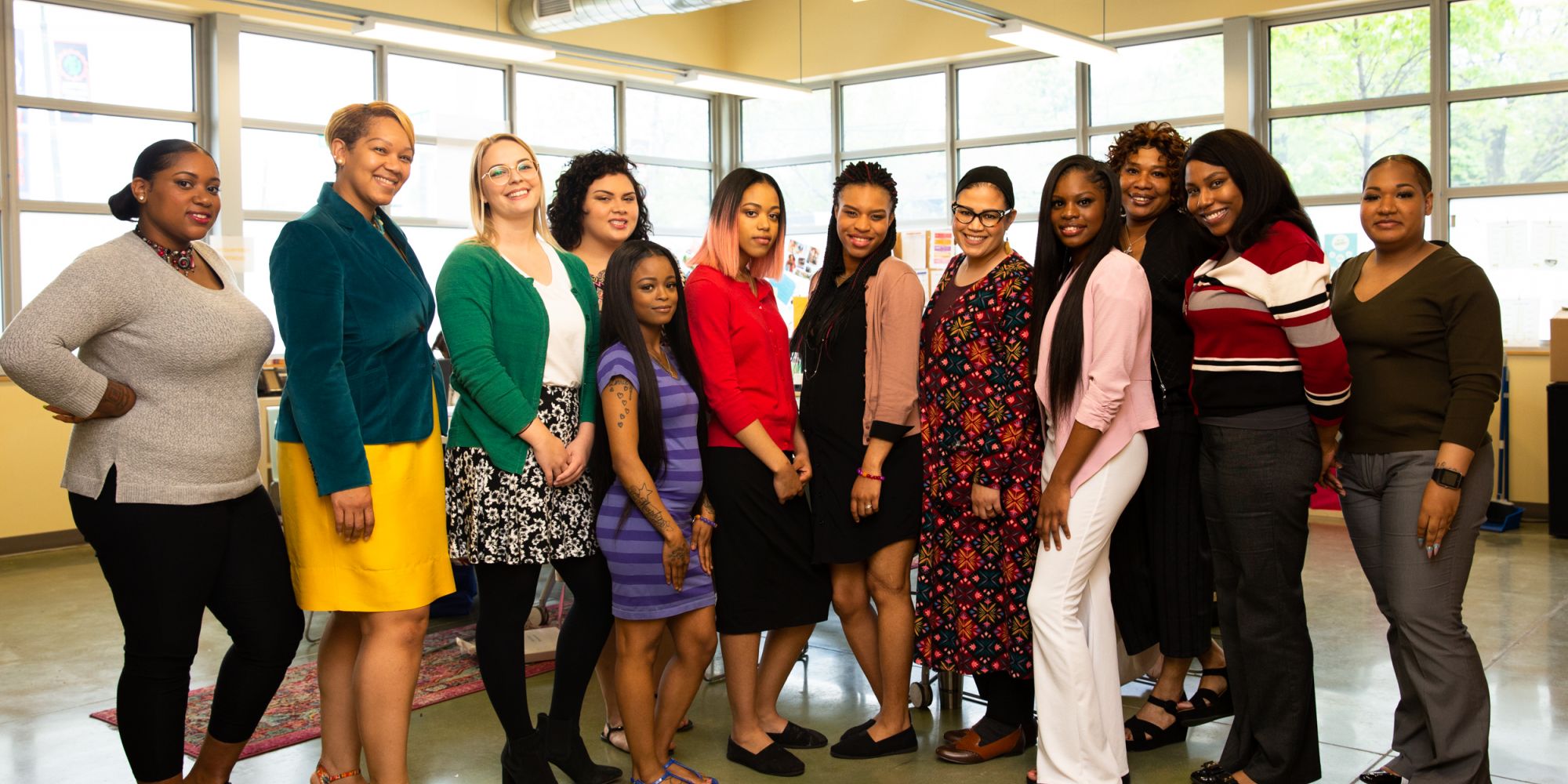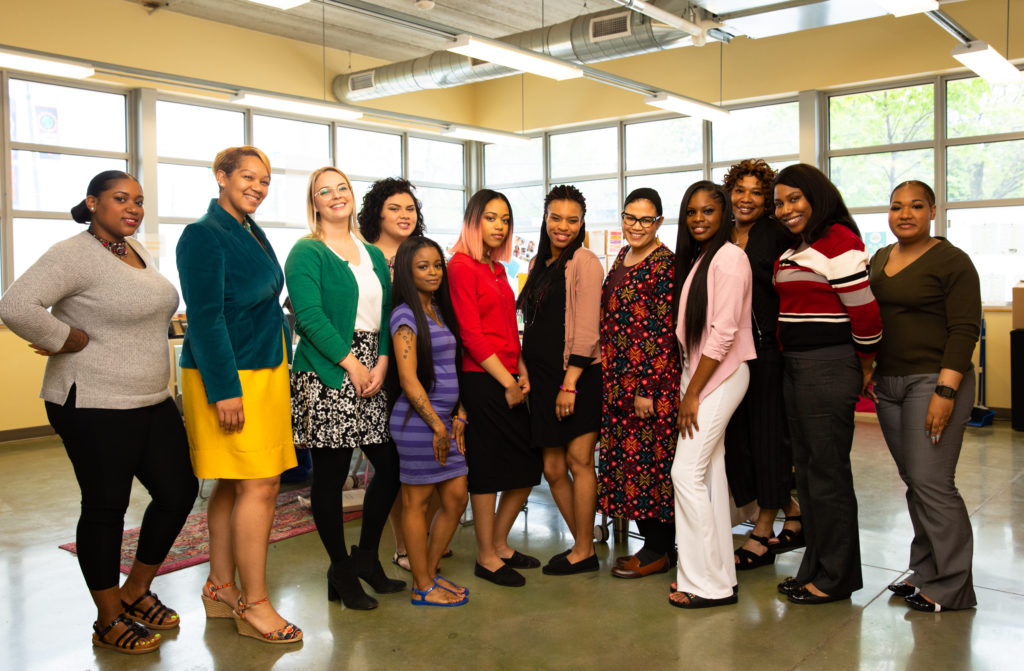Executive Skills: Recognizing Strengths, Realizing Potential

When I came to New Moms and heard the term “executive skills” I said to myself, “I thought my classroom days were over!” Although I knew the concept was important to understanding early child development, I did not equate it to young adults in the structure of a workforce development program. “We need to focus on employable soft skills for job retention,” I thought. Silly me. As I started working with our young moms more extensively, I began to see that they were struggling with behaviors relating to time management, planning, organization, emotional control, etc. I recall talking with my team about these issues and then it clicked: “Those are executive skills.”

After that epiphany, I decided to learn and digest all I could about executive skills, the twelve mental abilities that enable us to organize, plan, react and get things done. Most importantly, I wanted to discover how we could maximize the strong and mitigate the weaker executive skills of our coaches and participants for better employment and retention outcomes, because ya know…workforce development!
Brain science research demonstrates that executive skills (ES) take up to 25 years to fully develop. This means at New Moms we are particularly well suited to this work, as participants are under 25 years old and at a prime time in brain development for their Executive Skills to grow, shift, and strengthen.
So, what are the Executive Skills? Everyone has them. These are the Executive Skills we focus on at New Moms:
In order to learn and apply our own ES to our everyday work and interactions with each other, staff attended intensive Executive Skills training and ongoing consultation with an ES expert, Dr. Dick Guare. We began using ES words and phrases more explicitly and learning how they manifest as behaviors. We incorporated the terms “strengths” and “struggles” when discussing ES and setting SMART goals with participants and each other. We view struggles in this way:
- Ever been called lazy? Task initiation is probably an area of struggle.
- Is a colleague annoyed with you for moving a meeting back an hour? She may struggle with flexibility.
- Ever flip someone off in traffic? Perhaps you struggle with emotional control.
- Your spouse or partner in constant need of validation? Metacognition is probably a struggle for them.
- Someone asks you to repeat yourself more than twice? Working memory might be a struggle for them.
Get the picture?
We began to apply our knowledge of Executive Skills by modifying our program environment: simplifying forms, shifting procedures, and incorporating technology to help mitigate the effects of Executive Skills struggles. We created ES training for participants, and they facilitate daily pre-shift workshops focused on ES so they could learn to recognize and build these skills in themselves and their children. We posted an ES skills board with participants and staff to enhance understanding and visualize how these show up on teams. Participants talk openly about their Executive Skills, and we see strong gains in literacy and numeracy, employment retention, and productivity increases at our social enterprise as a result of our Executive Skills strategies.
At New Moms we believe in the strength and ability of all our participants to work towards their employment and economic goals. I invite you to learn more about why Executive Skills matter and the specific ways we address them at New Moms in our hot-off-the-press Executive Skills Implementation Case Study. We also created a companion Implementation Toolkit for our colleagues in the field to design and apply their own Executive Skills-informed strategies in their programs. By understanding how brains develop, how trauma and scarcity can affect Executive Skills, and the incredible resilience of adolescence, we can design a strengths-based workforce development program that improves outcomes for staff and participants. Join us in this movement!
– Gabrielle Caverl-McNeal, Director of Workforce Development
Watch Gabrielle talk more about Executive Skills here: